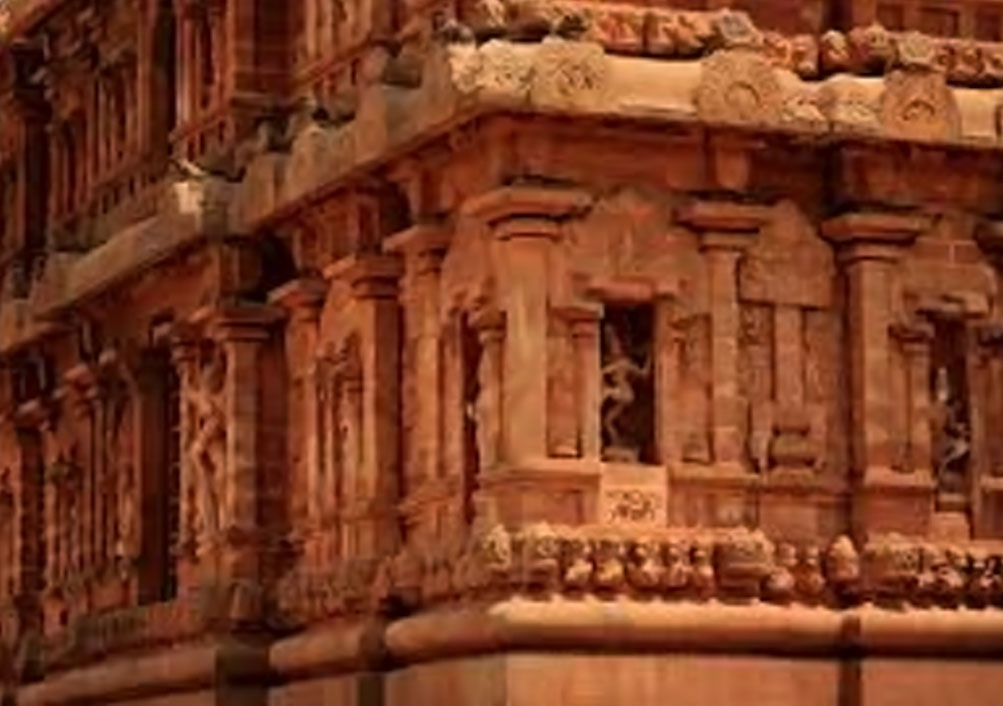Presiding deity is owner of land attached to temple, says Apex Court while upholding Circulars issued by M.P. Govt. under M.P. Land Revenue Code

Read Judgment: The State Of Madhya Pradesh & Ors. vs. Pujari Utthan Avam Kalyan Samiti & Anr
Pankaj Bajpai
New Delhi, September 7, 2021: While upholding the circulars issued by the Madhya Pradesh Government under the M.P Land Revenue Code, 1959, to delete the names of Pujari from revenue record pertaining to temple properties, the Supreme Court has ruled that the presiding deity of the temple is the owner of the land attached to the temple and Pujari is only to perform puja and to maintain the properties of the deity.
The Division Bench of Justice Hemant Gupta and Justice A.S Bopanna found that there is lack of clarity in the High Court in regard to the legal jurisprudence, as different judgments have been referred to in respect of rights of the priests as to whether they can be treated as Bhumiswami or if they only hold the temple land for the purpose of management of the property of the temple, which actually vests with the deity.
When once it is understood that the true beneficiaries of religious endowments are not the idols but the worshippers, and that the purpose of the endowment is the maintenance of that worship for the benefit of the worshippers, the question whether an endowment is private or public presents no difficulty, added the Top Court.
Speaking for the Bench, Justice Gupta said that the cardinal point to be decided is whether it was the intention of the founder that specified individuals are to have the right of worship at the shrine, or the general public or any specified portion thereof.
“In accordance with this theory, it has been held that when property is dedicated for the worship of a family idol, it is a private and not a public endowment, as the persons who are entitled to worship at the shrine of the deity can only be the members of the family, and that is an ascertained group of individuals. But where the beneficiaries are not members of a family or a specified individual, then the endowment can only be regarded as public, intended to benefit the general body of worshippers”, observed the Bench.
Therefore, finding that no rule has been brought to the notice that the name of the manager has to be recorded in the land records, the Apex Court clarified that in the absence of any prohibition either in the statute or in the rules, the executive instruction can be issued to supplement the statute and the rules framed thereunder.
Such instructions do not contravene any of theprovisions of the Code or the rules. Therefore, they cannot be said to be illegal or in excess of the authority vested in the State Government, added the Court.
However, the Division Bench opined that the name of the Collector as manager cannot be recorded in respect of property vested in the deity as the Collector cannot be a manager of all temples unless it is a temple vested with the State.
The Apex Court therefore concluded that the impugned Circular is applicable to all temples unless a particular temple is able to satisfy the competent forum of it being a private temple.
Sign up for our weekly newsletter to stay up to date on our product, events featured blog, special offer and all of the exciting things that take place here at Legitquest.




Add a Comment